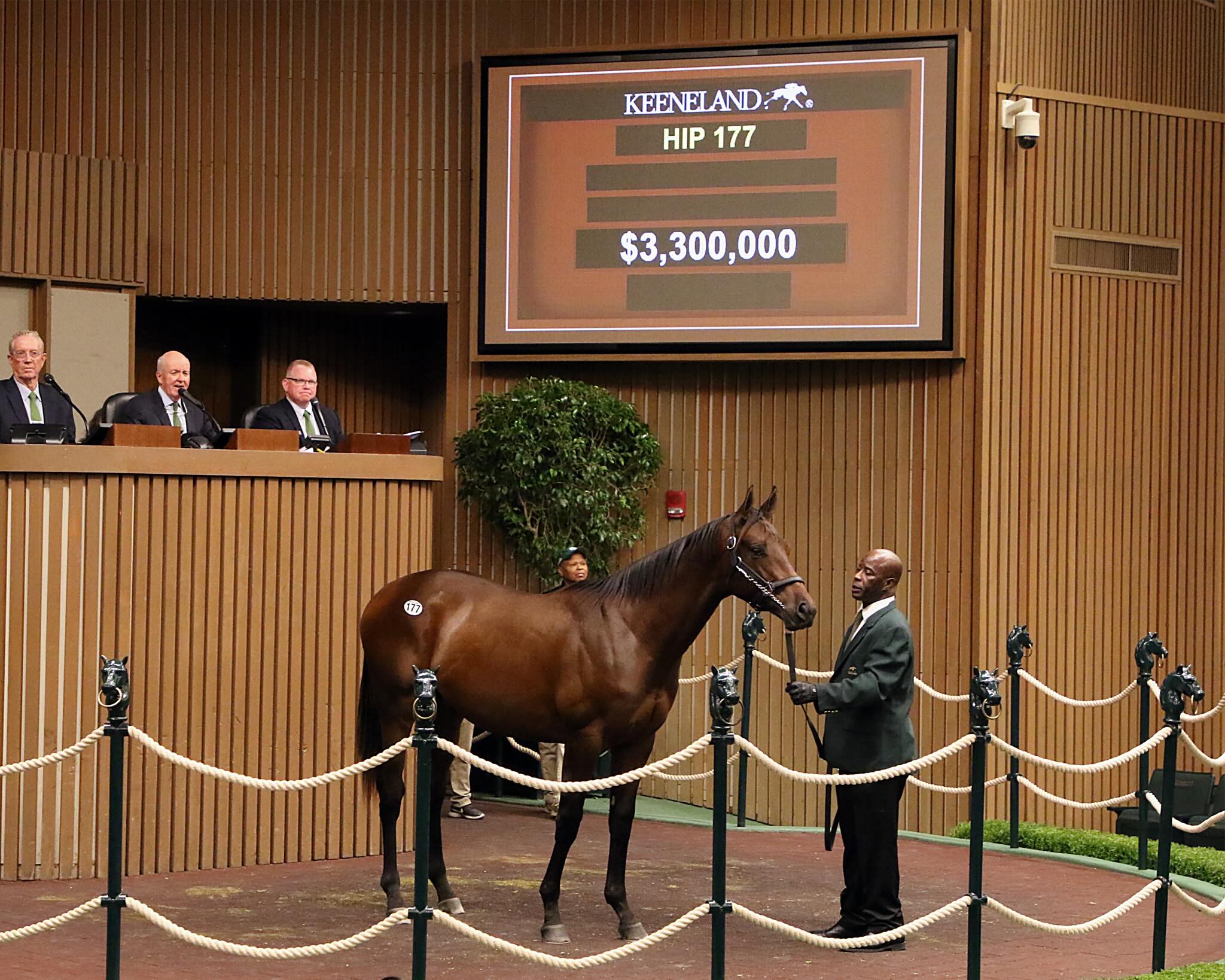By Hayley Cuccinello
Copyright cnbc

Tony Lacy, vice president of sales at Keeneland, said other factors were also at play, including greater interest from younger buyers and a weaker U.S. dollar drawing more international investors.
Sikura said those trends were too gradual to cause a 24% sales bump in one year.
The recent bill reinstates the 100% bonus depreciation benefit from the Tax Cuts and Jobs Act that passed in late 2017. The September sale saw a boost of 23% in 2018, the next auction after that legislation passed. The gain, however, was short lived, and the write-off percentage started decreasing by 20% annual increments in 2023.
Accountant Len Green described this year’s September sale as “breathtaking,” and said half of his 800 racing clients were in attendance. He also owns some 200 horses and said it was a highly competitive auction, with his DJ Stable bidding on 60 lots and only landing 18.
While bonus depreciation is the most valuable perk for horse owners, there are many more advantages in the tax-and-spending bill, according to Green. For instance, horse buyers no longer have to wait until the horse is actively training or racing to take the deduction.
Horse breeders and owners can also deduct their losses against any type of income, including capital gains and salary, according to Green.
“It’s a tremendous advantage,” he said.
That said, owner-operators can trigger the scrutiny of the IRS if they mix business with pleasure, Green said. The IRS is more likely to designate a stable as a hobby instead of a business if there are certain red flags like not having a business plan or separate bank accounts.
The strong September sale will give a leg up to three upcoming Keeneland auctions between now and the end of November, according to Lacy.
“It certainly puts money back into the breeders’ pockets,” he said. “Breeders will reinvest in breeding stock on the back of a successful yearling sale, because they love confidence for the future.”



